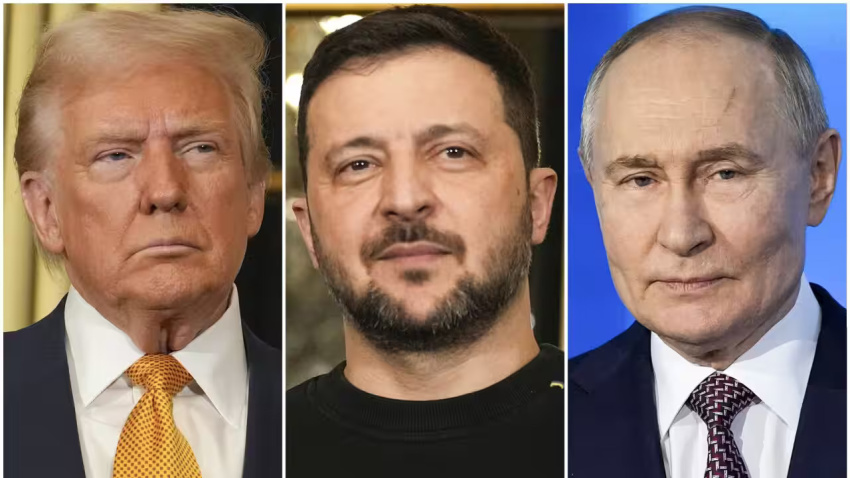Prospect for Peace in Ukraine

After several rounds of failed global peace diplomacy to end the brutal conflict between Russia and Ukraine, there is now a real prospect to silence the guns and bring peace between the two neighboring countries that share a great deal of history. According to the media reports, Ukraine has made certain changes in the initial US-Russia peace plan, reducing the 28-point plan to 19, reflecting a real and meaningful progress in the hitherto stalemated peace talks.
While the full details of the new peace plan has not been publicly leaked yet, by now it is fairly certain that the momentum for peace is rapidly gaining ground and we might be witnessing its final adoption in the coming days. What is certain, however, is the futility of a European counter-proposal to the US-led plan, which seeks a NATO-like security guarantee for Ukraine and a real prospect for NATO's expansion into Ukraine based on "consensus of the members," which is a non-starter and Russia would never agree to it. Under the so-called Trump plan, on the other hand, there is an explicit statement that Ukraine will not join NATO. Russia is also opposed to the positioning of NATO forces inside Ukraine, and it appears that after three and a half years of warfare, Moscow is now on the cusp of achieving one of its chief war aims.
But a more contentious issue to resolve is the fate of contested Ukrainian territory and the Russian quest for the resource-rich Donbas region, which might be delegated to a post-peace future diplomacy. With the Ukrainian army's back against the wall and Washington unwilling to bankroll it much longer, Kiev's options are limited and certain territorial concessions appear to be inevitable. At the same time, Ukraine's recent attacks on Russian power and energy infrastructure have been effective, jolting the Russians into the escalating costs of this war, as a result of which President Putin is facing new pressures to make compromises in order to end the war, notwithstanding the new round of sanctions, the declining oil revenues, and the growing signs of a stagnant economy.
Indeed, what makes the present context ripe for peace is the combined war fatigue and the growing domestic and external pressures on both Moscow and Kiev operating against the war's logic. Billions of dollars of Russian frozen assets will be returned to it, although some might be earmarked for compensating Ukraine for the war damages, and even the Russian military-industrial complex will benefit from the end of sanctions that have deprived it of access to foreign high-tech technology. Ukrainian population, on the other hand, will be saved from another cold winter, in light of Russia's systematic attacks on Ukraine's energy targets, and millions of Ukrainian war refugees will be able to return home.
One of the unknown factors is the role, if any, played by the UN and its peacekeeping forces, which might be needed as a separating buffer in eastern Ukraine. Ultimately, the fate of a durable peace rests on a successful resolution of the question of Ukraine's territorial sovereignty and Moscow's willingness to show some flexibility on this important issue, e.g., a partial return to the past Minsk agreements. For now, however, what matters most is to give peace a chance and to agree to a ceasefire, whereby the entire European continent can have a sigh of relief.
With respect to Iran, which has been facing the European backlash over Iran's support for Russia, the war's end is welcome news for Iran's foreign relations and can have salutary effects on the stalemated Iran-EU dialogue. optimistically speaking. The Ukraine war has resulted in the tightening of solidarity ties among the eastern bloc of Russia, China, North Korea, and Iran, which is sure to continue in a post-war milieu.

